Description
Sugar beet, cultivated Beta vulgaris, is a plant whose root contains a high concentration of sucrose (as its name suggests). It is grown commercially for sugar production. Sugar beets are related to other B. vulgaris cultivars, such as beetroot and chard.
Sugar beets consist of approximately 75% water, 20% sugar and 5% cell walls. After the sugar is extracted, remaining cell wall material – the sugar beet pulp – is used to produce the sugar beet fibre.
This source of dietary fibre contains both soluble and insoluble fibres. The main fibre types in sugar beet fibre are insoluble hemicellulose (22-32 %) and soluble pectin (22-29 %), but also smaller amounts of cellulose and lignin. It has a water-holding capacity of 3-4 times its own weight.
Compared to many conventional natural sources of dietary fibre, such as cereal products and fruits, sugar beet fibre has the following advantages:
- It has a higher content of dietary fibre, with an ideal balance of 2/3 insoluble fibre.
- It contains no phytic acid (cereal products, such as bran and flour, contain phytic acid which forms strong chemical complexes with iron and zinc and can consequently impair or reduce the natural absorption of these essential minerals in the human body).
- It is naturally free from gluten, which means it is an excellent dietary fibre source for people suffering from gluten intolerance.
Sugar beet fibre contributes to an increase in faecal bulk in two ways: the insoluble components of the fibre increase faecal bulk by absorbing water in the large intestine, while the soluble components are fermented by bacteria in the large intestine leading to an increase in bacterial mass.
Constipation
Bowel movements are an essential part of your life/ they allow you to empty the waste. While all people make bowel movements, the frequency varies a lot between people. Some researches state that three bowels a day to three a week is normal. Sometimes the consistency of a person’s stool is a more significant indicator of bowel health than frequency. Although, if you don’t poop often or too frequently, they can cause you severe health problems.
Herbal Col Cleanse capsules have numerous well documented benefits to help with constipation. They contain barberry bark which helps as part of an internal cleansing program, as a very effective stool softener, prior, following or between colonic hydrotherapy treatments.
It’s important for a lot of functions in the body, especially making and breaking down your food. The Herbal Col Cleanse contain all natural ingredients which won’t affect your health.
Haemorrhoids
When you’re constipated, you may strain to pass stool. Regardless of your pattern for going to the toilet, one fact is for sure certain. The longer you go before you go to the toilet, the more difficult it is to poop.
Straining when having bowel movements can cause the veins in your anus and lower rectum to swell. Swollen veins are known as haemorrhoids or piles. Internal haemorrhoids are inside your rectum that you normally can’t see or feel. They generally don’t hurt because there are a few pain-sensing nerves around that area.
Herbal Cole Cleanse capsules have numerous well-documented benefits to help with constipation. They contain barberry bark which helps as part of an internal cleansing program, as a very effective stool softener, prior, following or between colonic hydrotherapy treatments.
It’s important for a lot of functions in the body, especially making and breaking down your food. The Herbal Cole Cleanse contain all-natural ingredients which won’t affect your health.

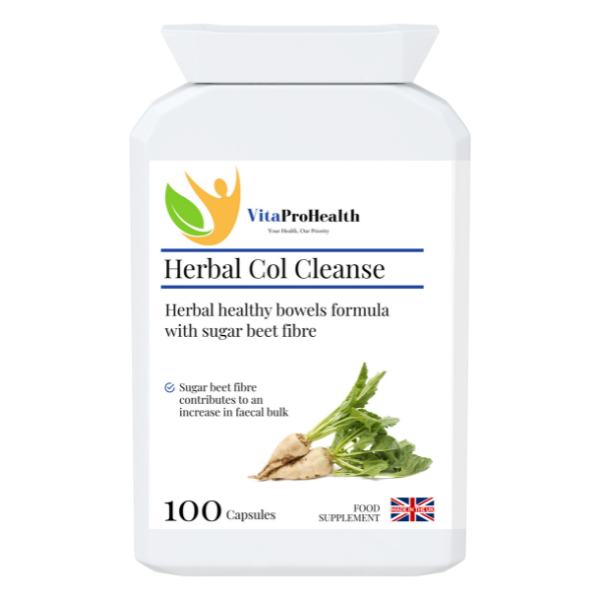
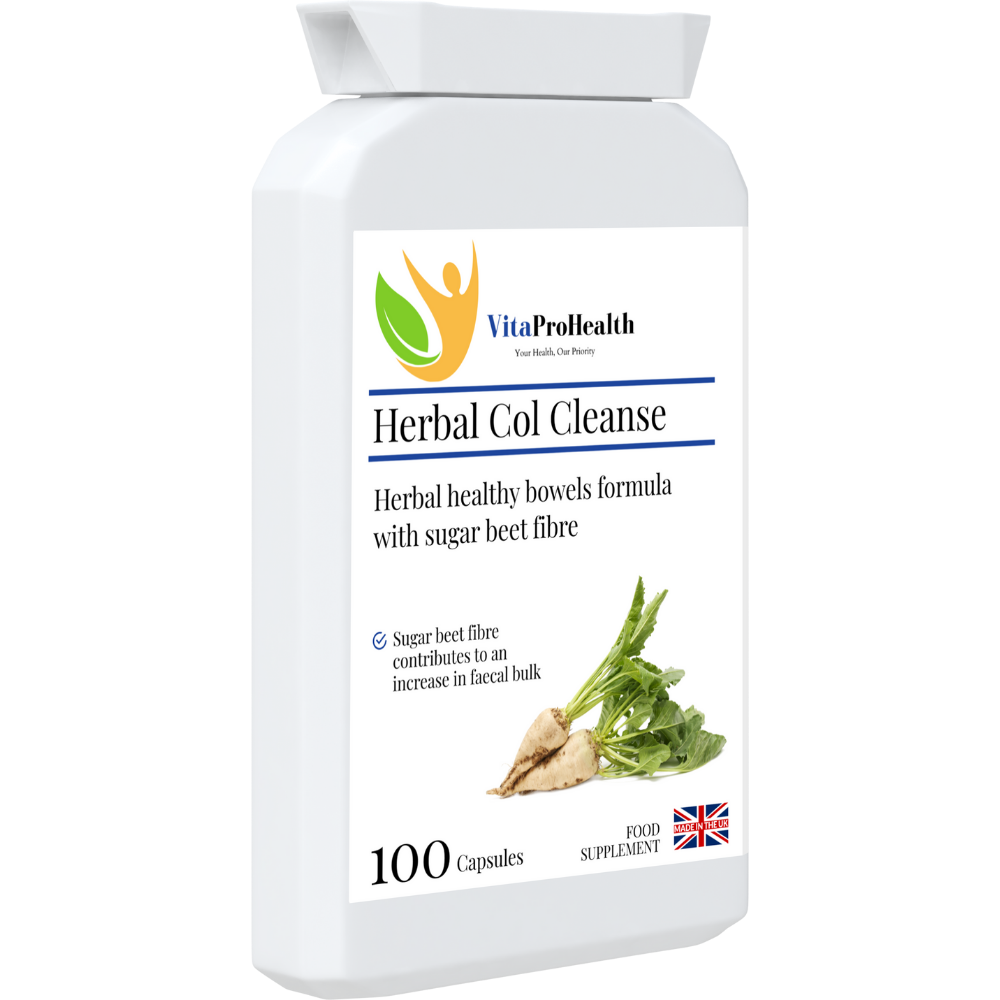
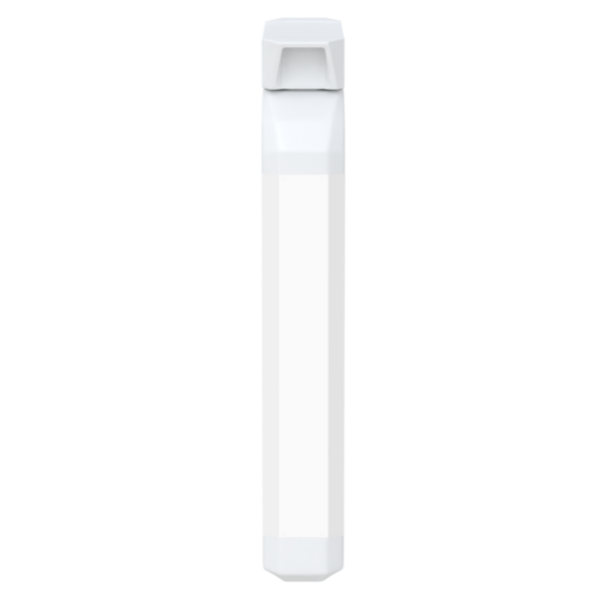
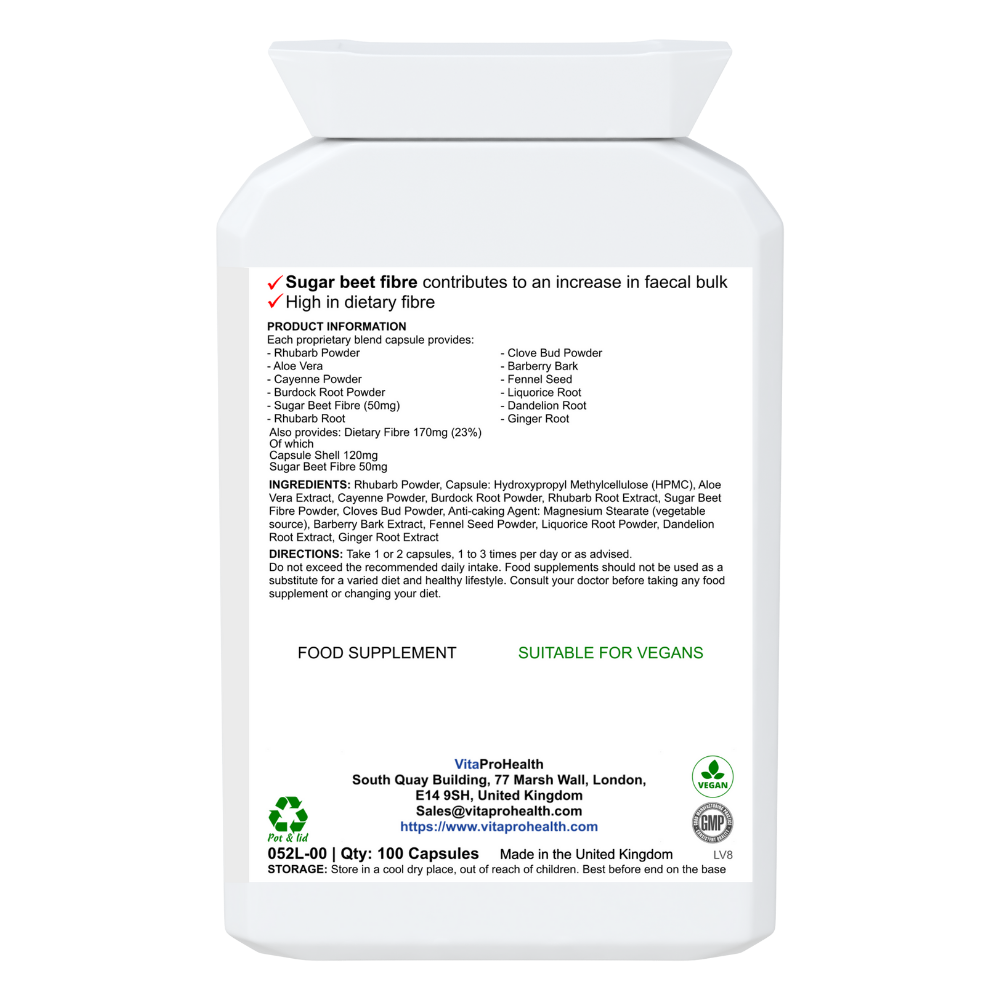
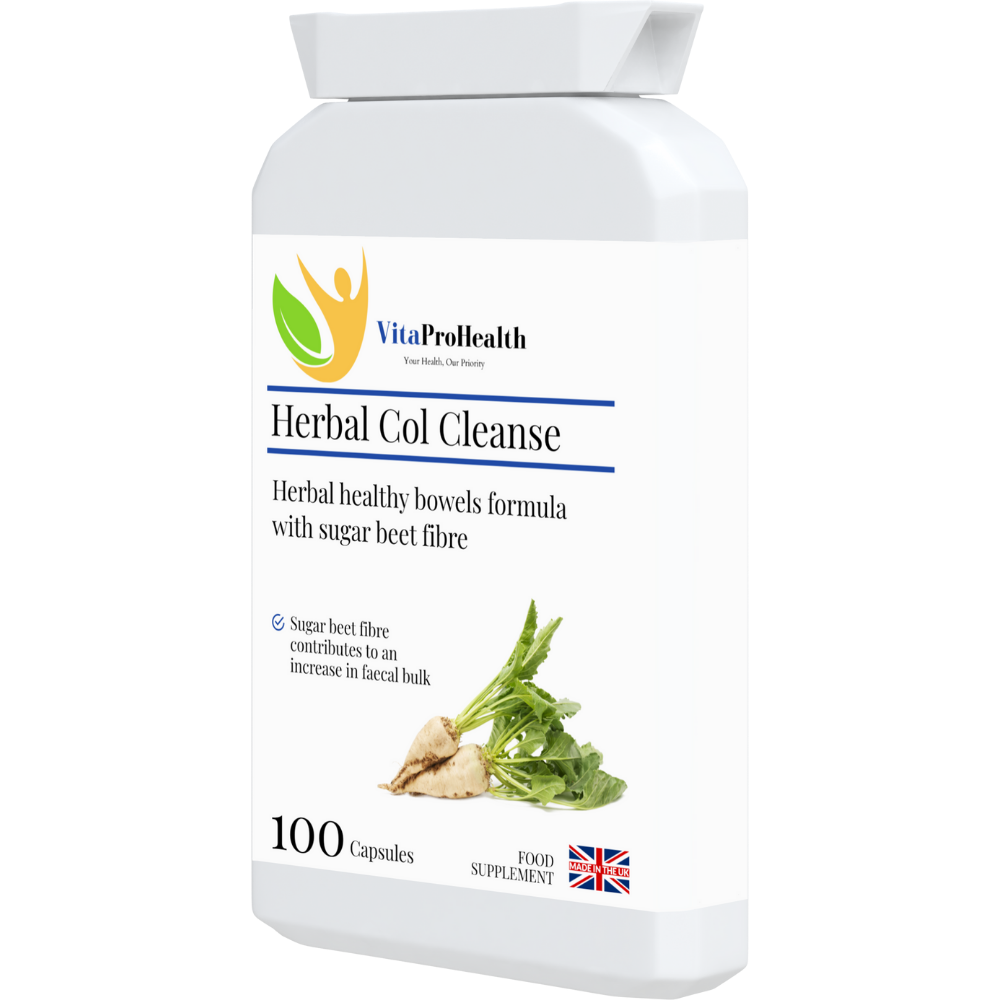
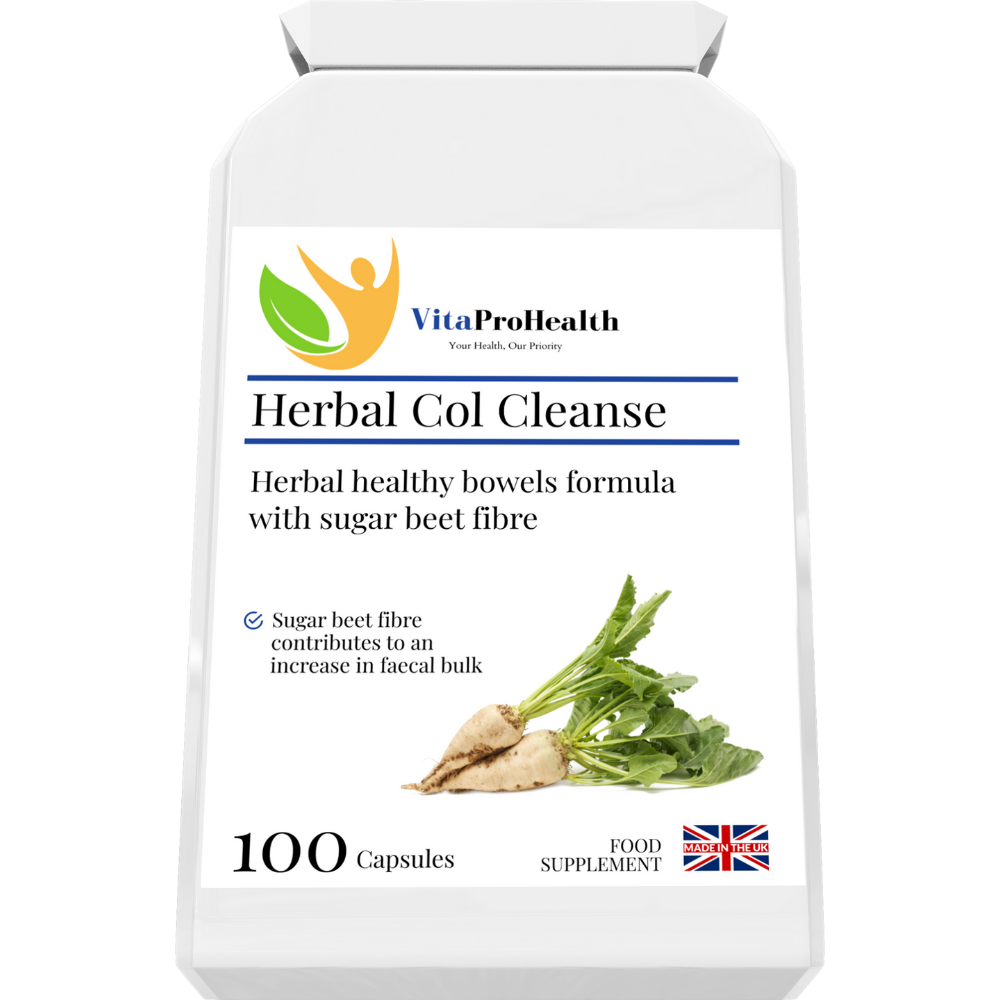







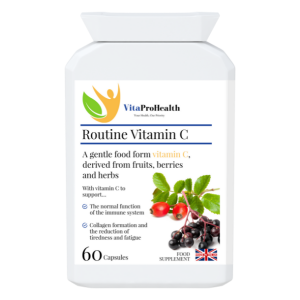
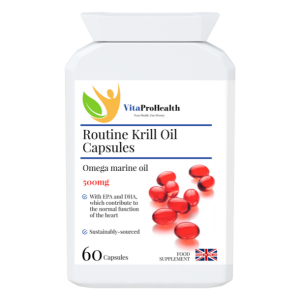
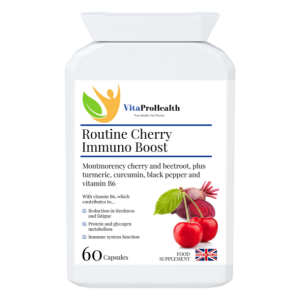
Reviews
There are no reviews yet.